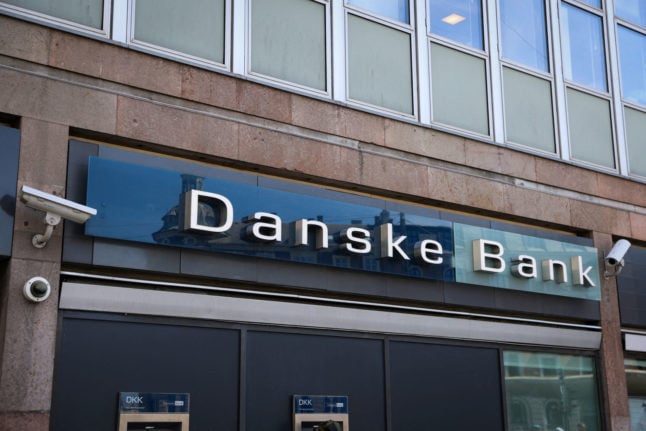In a statement, the Systemic Risk Council (Det Systemiske Risikoråd), which monitors potential dangers in the financial sector, said it assessed Danish banks to be equipped to ward off major crises.
“The Council finds that the Danish banking sector in general is in a good position to withstand the deterioration of the financial market conditions,” it said in the statement.
“This reflects, among other things, that the measures taken since the financial crisis have increased the robustness of the financial sector in Denmark,” it stated.
The assessment by the risk council comes after two notable incidents involving international banks in recent weeks increased global uncertainty.
US bank Silicon Valley Bank was earlier this month ordered to close after a collapse, while major Swiss bank Credit Suisse was eventually taken over by rival UBS after a dramatic fall in its share price and a withdrawal rush by customers.
“The international financial markets are currently affected by turmoil triggered by problems in specific banks in the US and Europe,” the Danish Risk Council wrote.
“The development emphasizes that changes in risk perception in financial markets can occur suddenly and lead to large fluctuations in a short time. At the same time, this is an important reminder that sound risk management and robust liquidity and capital buffers are important tools to maintain the trust in individual banks and in the financial system,” it said.
In its assessment, the Council maintained its view that the countercyclical capital buffer be increased to 2.5 per cent from March 2023, in line with a 2022 finance ministry decision.
The buffer is a requirement for banks to put money aside to ensure they have funds to draw on if their economic situation becomes strained.
It exists to ensure that banking institutions have a cushion that makes them more resilient if risks materialise, the Risk Council explained in the statement.
“The current earnings also create an opportunity to build up capital to absorb losses and maintain credit granting,” it said.
It can be reduced if banks need to draw from it in difficult times.
“The Council is ready to recommend a reduction of the buffer rate with immediate effect if stress occurs in the financial system and there is a risk of severe tightening of credit granting to households and companies,” the Council said.
READ ALSO: REVEALED: Danish banks’ policies on non-Danish speaking customers



 Please whitelist us to continue reading.
Please whitelist us to continue reading.
Member comments